Description
This historic book may have numerous typos and missing text. Purchasers can usually download a free scanned copy of the original book (without typos) from the publisher. Not indexed. Not illustrated. 1905 edition. Excerpt: … and inanimate as possessing an intelligence similar to their own; to anything| therefore| which for the moment seemed capable of helping or hindering them| they were ready to give presents and address conciliatory and friendly speeches. Of the Hurons| one of the Jesuits says: “They address themselves to the Earth| to Rivers| to Lakes| to dangerous Rocks| . . . and believe that all these things are animate.” 1 On the way to Quebec particular rocks were often invoked by the Hurons.2 Among the Five Nations the same custom prevailed in regard to the rocks along certain routes.3 In general| however| individuals of any particular class of objects were not regarded as supernatural beings| but rather as reasonable persons| to be treated like ordinary men. As an example of this| there may be cited an occurrence among the Pottawatamies on Green Bay. A young man of this tribe was killed by a bear. Thereupon| his friends and relatives made war on the bears| killing five hundred| “as satisfaction for the death of that young man who had been so cruelly treated by one of their nation.”4 Notwithstanding this tendency towards fetishism| the Iroquois inclined more and more to the worship of types or abstractions of classes of objects or beings| than to the adoration of individual specimens. Their life as hunters had changed their religion from a mere fetishism to a fairly well developed polytheism. Their hunting life| in the first place| had led to the apotheosis of various animal species. Every species of animal was supposed to have a great progenitor or ” elder brother| who is| as it were| the source and origin of all individuals| and this elder brother is wonderfully great and powerful.”5 To see one of these in a dream meant luck in hunting. Besides…

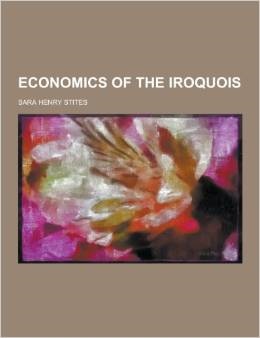
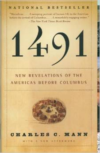
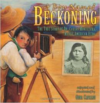
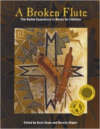
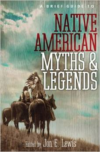
Reviews
There are no reviews yet.